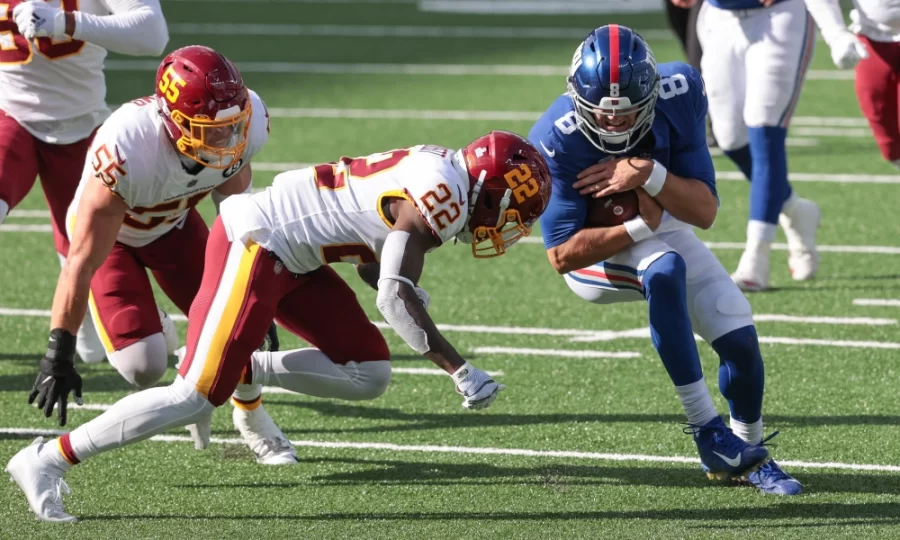Being down a score of 8-1 in a first to nine contest never bodes well for anybody, but that was exactly the predicament that Oracle Team U.S.A. found themselves in during the finals of the America’s Cup sailing competition in San Francisco, Sept. 25.
As the defending champs of sailings most prestigious event, Team U.S.A. had not raced all tournament, whereas the challenger Emirates Team New Zealand was hot off a victory over Italy to claim the Louis Vuitton cup. This cup is awarded to the winner of the “Challenger Series,” where teams face off for the opportunity to challenge for the America’s cup.
Entering the America’s Cup final, Team New Zealand was already up by two points, as Team U.S.A. had been docked two points as a pre-regatta penalty for illegal modifications made to their boat. The boats themselves were also under heavy scrutiny, as they have been criticized for being too expensive and too reliant on technology.
Whitman’s Sailing Club members were avid viewers of the entire event, and compared their competition to that in the America’s Cup.
We race under similar conditions but on a much smaller scale, sailing captain Julien Guiot said. The team uses smaller boats on smaller courses, and has fewer crew members and much less technology.
After 11 races, Team U.S.A. looked far inferior to Emirates Team New Zealand, who needed just one more win to claim the cup while Team U.S.A. needed eight if they wished to retain it. Several weather delays frustrated the sailors, but Team U.S.A. wasn’t deterred, capturing some key victories to stay alive and draw within four wins of the cup.
On a day where wind was hard to come by, Team New Zealand finally looked poised to secure the elusive ninth win in Race 13 before it was disbanded because it had exceeded the forty minute time limit. They were in the final stretch of the race, just one nautical mile from capturing the prize that many of them had strived for years to achieve.
There were several more weather delays that postponed the next Cup race, and when racing resumed Oracle Team U.S.A. really seemed to have the wind back in their sails. Where before Team New Zealand had controlled much of the races, Team U.S.A. now looked to be the dominant crew and won three straight races to set up a thrilling final.
As Guiot said, “You’ve never won the regatta until you’ve won it, and no lead is ever safe.” Team New Zealand had learned this the hard way, and had one final opportunity to make amends.
The start is arguably the most important part of any race, but as both teams were relatively even at the beginning it came down to who had the faster boat. It was close for the first half of the race, but the Americans pulled ahead and rode their momentum to a 43-second win, completing their historical comeback and retaining the cup amid approving screams from flag-bearing fans on the shore.
Team U.S.A.’s victory was the largest comeback in the 162-year history of the trophy, and was even more shocking after Team New Zealand’s recent success.
Anyone can enjoy a comeback story and Guiot said that the result is great exposure for sailing as a whole: “As controversial as the new boats were, the racing was exciting to watch and the boats were pretty cool so it definitely helped attract new people to the sport,” he said.






